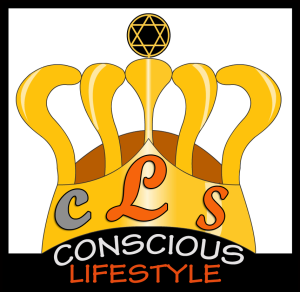Blog
Formal organization
- January 4, 2014
- Posted by: admin
- Category: Uncategorized
 Formal organization is a fixed set of rules of infra-organization procedures and structures.
Formal organization is a fixed set of rules of infra-organization procedures and structures.
As such, it is usually set out in writing, with a language of rules that ostensibly leave little discretion for interpretation.
In some societies and in some organizations, such rules may be strictly followed; in others, they may be little more than an empty formalism.
To facilitate the accomplishment of the goals of the organization: In a formal organization, the work is delegated to each individual of the organization. He/She works towards the attainment of definite goals, which are in compliance with the goals of the organization.
To facilitate the co-ordination of various activities: The authority, responsibility, and accountability of individuals in the organization is very well defined.
Hence, facilitating the co-ordination of various activities of the organization very effectively.
To aid the establishment of logical authority relationship: The responsibilities of the individuals in the organization are well defined.
They have a definite place in the organization due to a well defined hierarchical structure which is inherent in any formal organization.
Permit the application of the concept of specialization and division of Labour. Division of work amongst individuals according to their capabilities helps in greater specializations and division of work.
Characteristics of a formal organization
1: Well defined rules and regulation
2: Determined objectives and policies
3: Status symbol
4: Limitation on the activities of the individual
5: Strict observance of the principle of co-ordination
6: Messages are communicated through scalar chain
From Wikipedia, the free encyclopedia
